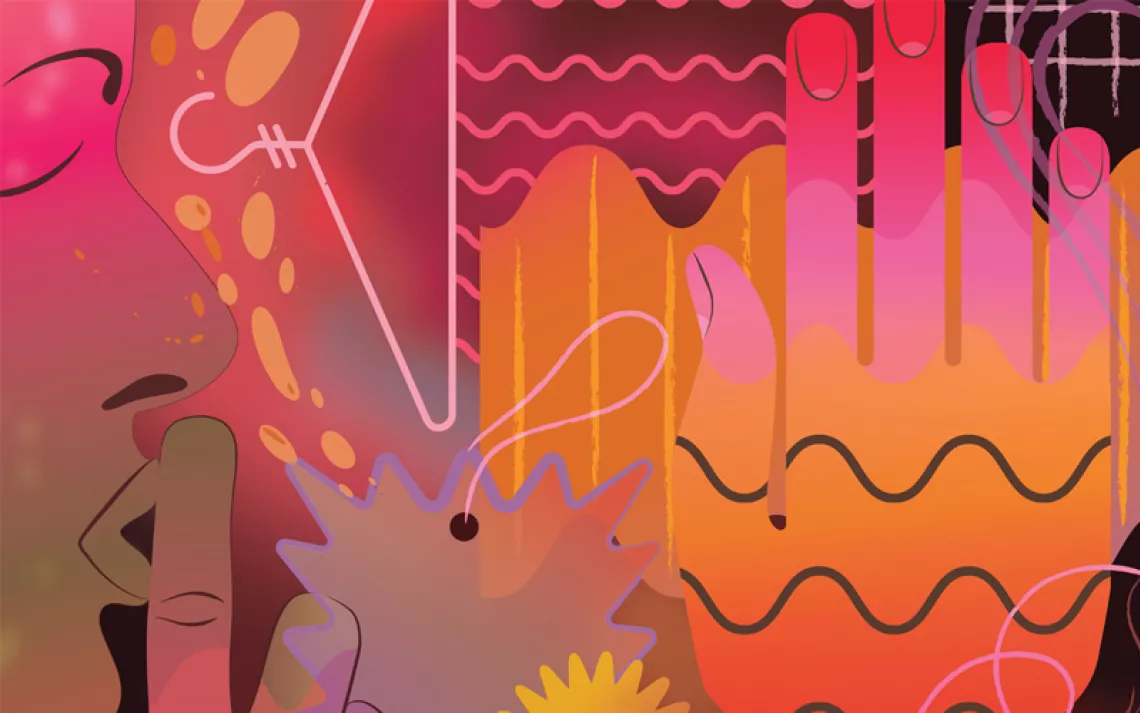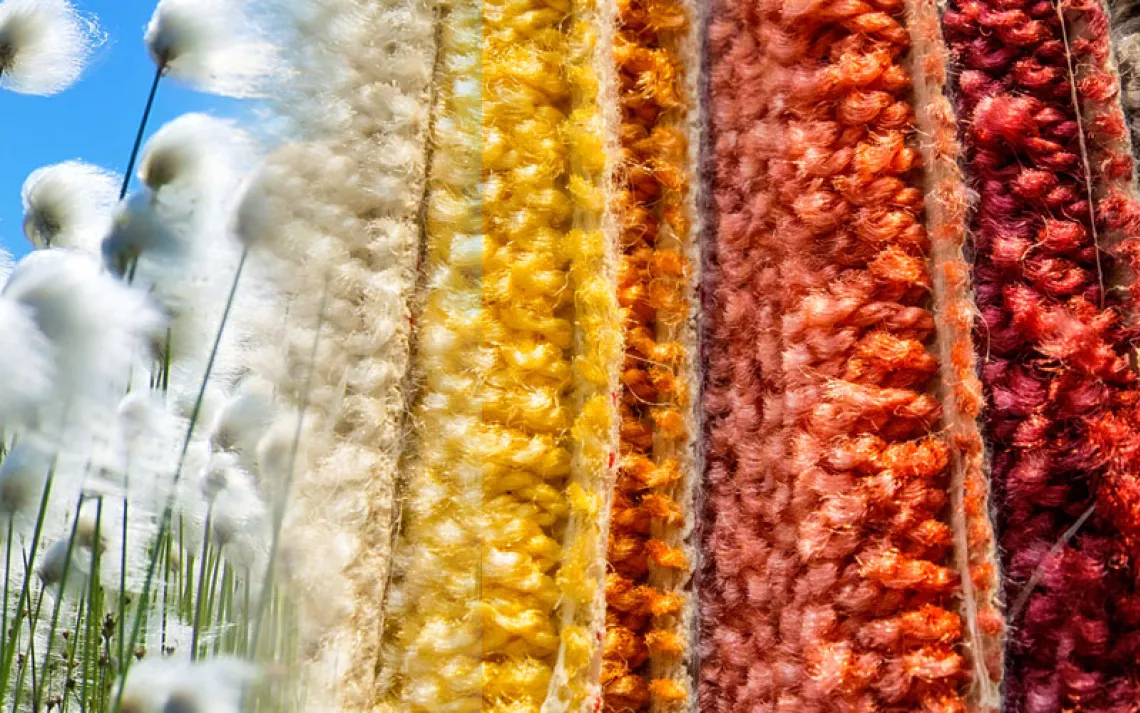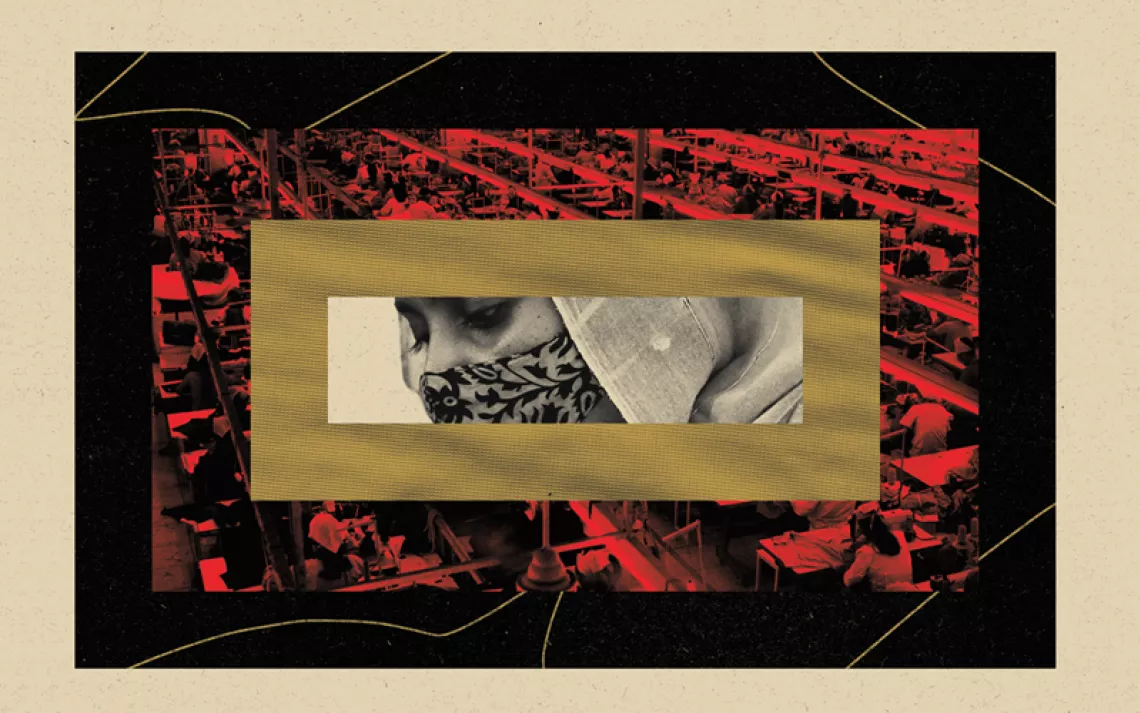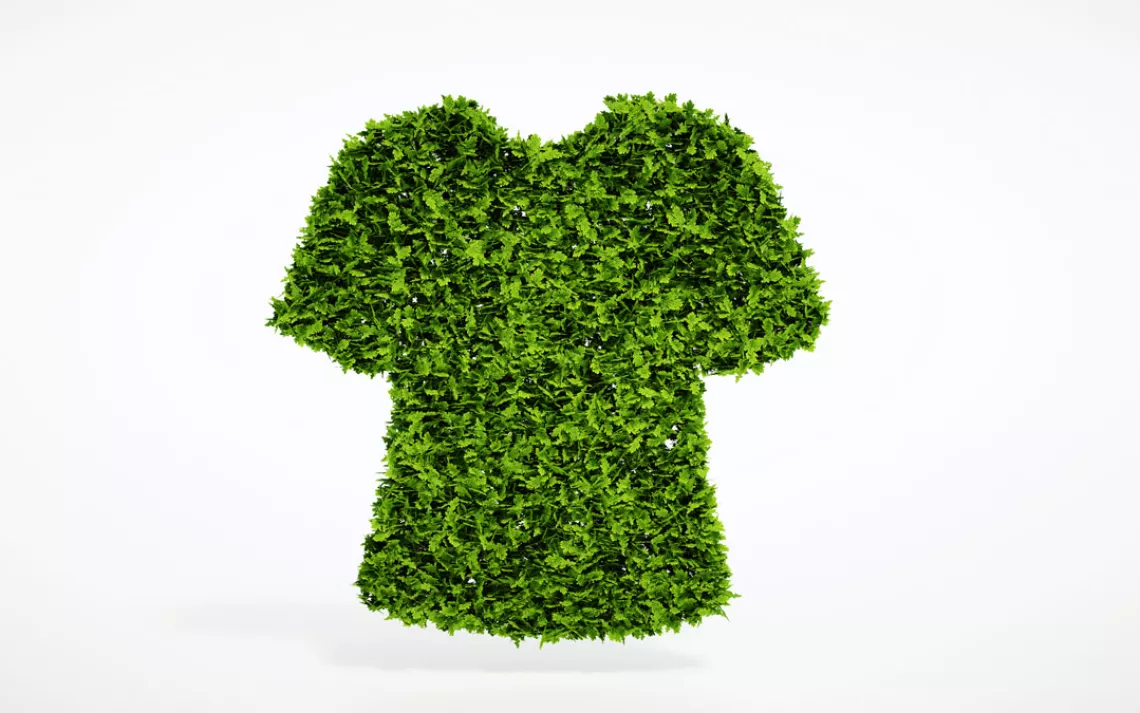5 Gift Ideas From Indigenous-Owned Companies
Need a great gift? We short-listed perfect finds from Native creators.
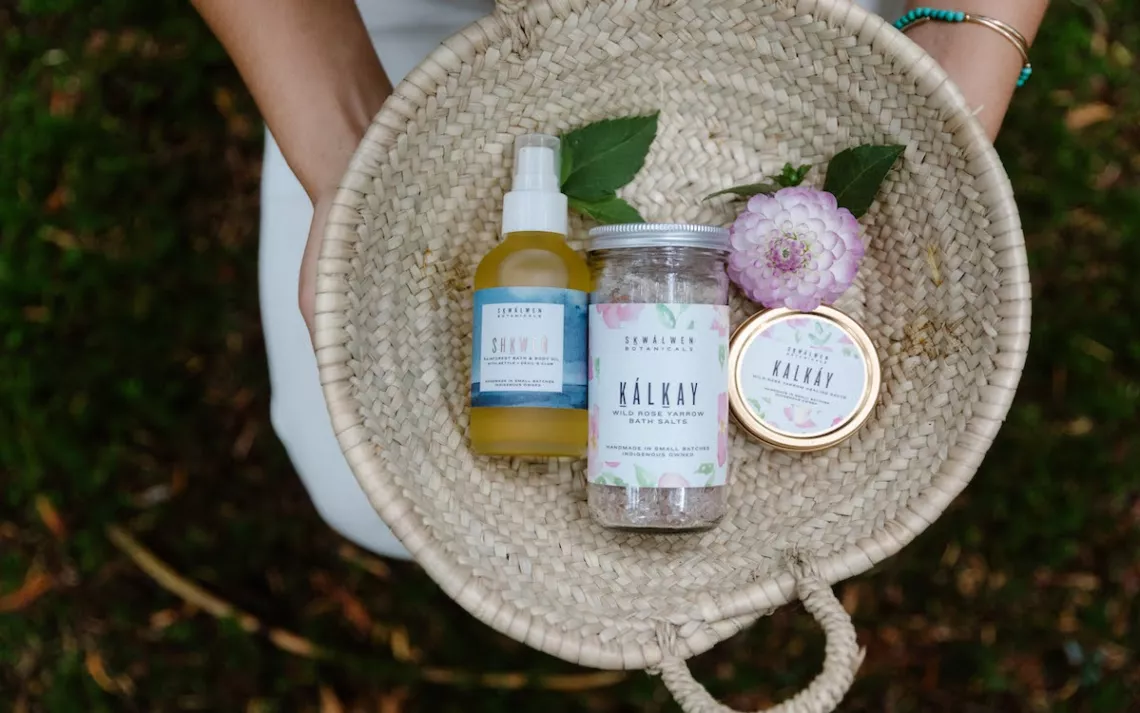
Photo courtesy of Skwálwen Botanicals
There’s been international demand for Indigenous-made goods for centuries, but Native American and aboriginal creators have often been excluded from that profitable market. “Historically our communities have been sources for extraction,” said Jessica Metcalfe, a member of the Turtle Mountain Band of Chippewa Indians and creator of online marketplace Beyond Buckskin, which provides a platform for Indigenous designers.
While it's illegal to sell non-Native art and crafts as “Native American,” Metcalf noted the pervasive appropriation of Indigenous designs—such as moccasins—by corporations and individuals. “I’m still seeing a lot of extraction happening,” she said. At one time, buying direct could mean traveling to a powwow or art fair, Metcalf explained, but for some Indigenous-owned companies, the internet has become a powerful platform for both sovereignty and sales.
Metcalf launched Beyond Buckskin in 2009 as a blog highlighting the work of Native designers, then grew it into a home for a handpicked list of artists; Metcalfe’s Buy Native List remains a valuable resource for finding Indigenous businesses. Directly supporting artists and Indigenous-owned companies, Metcalf said, can be a first step in shifting from appropriation to appreciation.
We’ve rounded up Indigenous-owned companies with gifts, from books to boots, for the holidays and beyond.
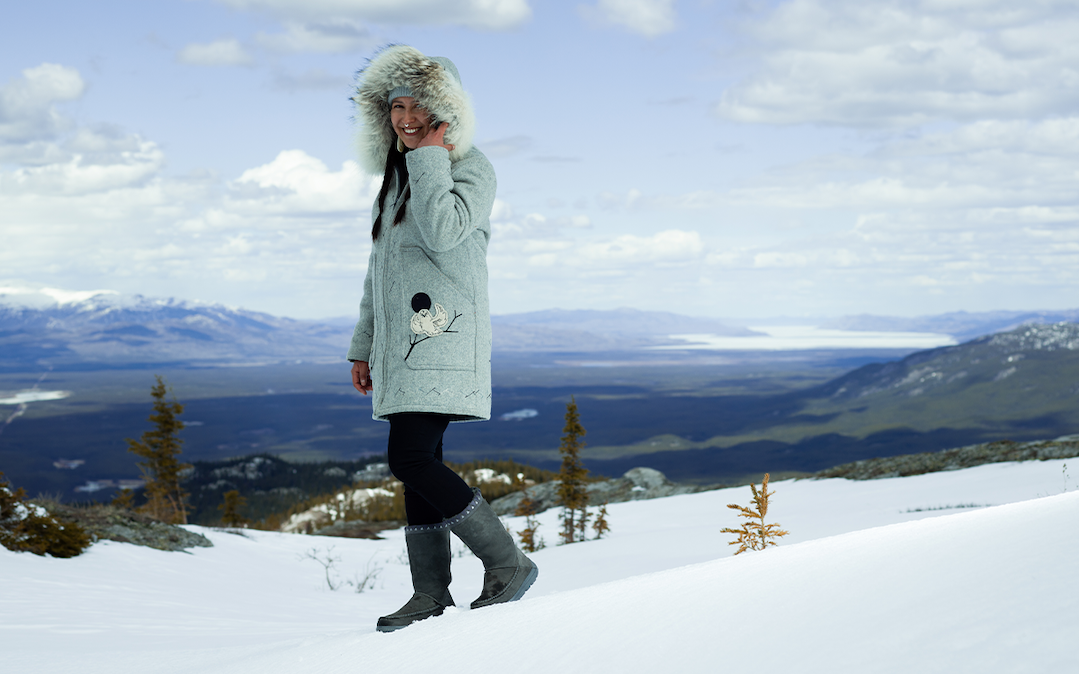
Photo courtesy of Manitobah
Soft hide boots called mukluks have warmed feet through Arctic winters for thousands of years, sewn initially from seal, moose, and caribou pelts. Manitobah offers modern takes on the ancient technology that are equally suited to snowdrifts and downtown streets. New for fall 2022 is the shearling-lined Reflections Tall Winter Boot ($220), a collaboration with Apsáalooké Nation bead artist Elias Jade Not Afraid, whose work features in the permanent collection of the National Museum of the American Indian.
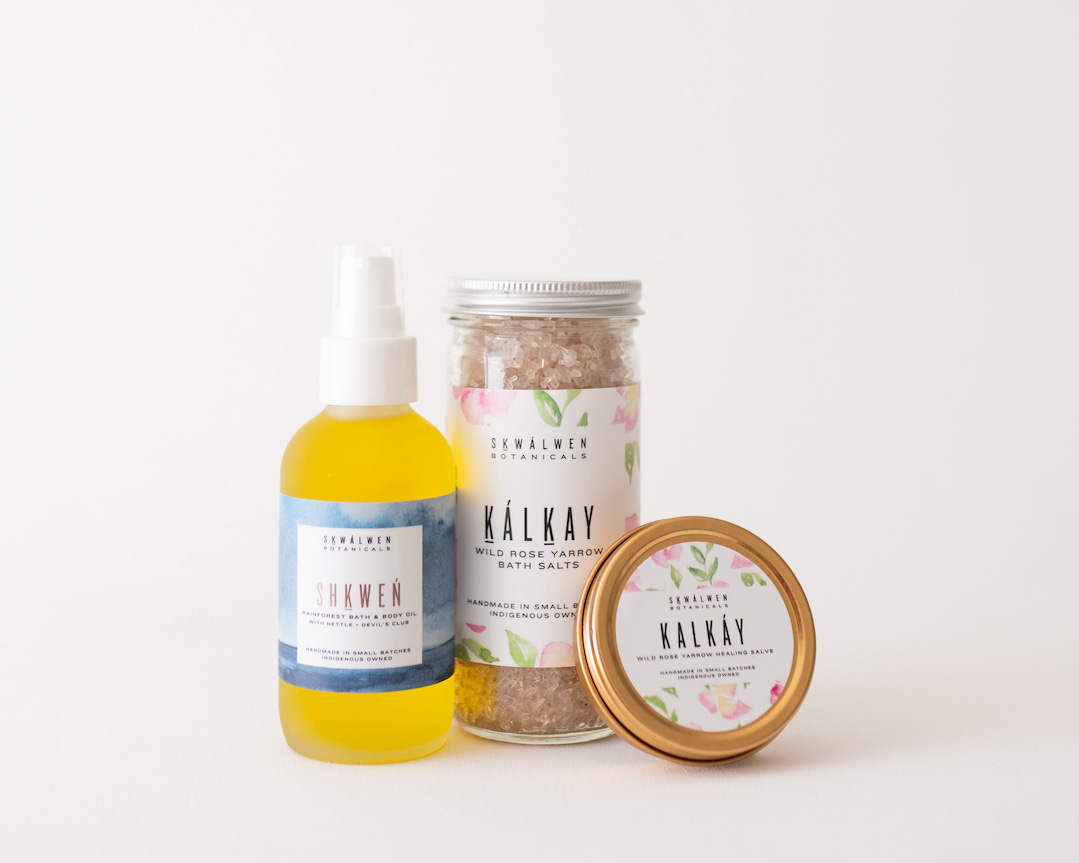
Photo courtesy of Skwálwen Botanicals
Skin-care products from British Columbia’s Skwálwen Botanicals use traditional Skwxwú7mesh (Squamish) plant knowledge and ingredients, including kalkáy (wild rose), mimts’ (usnea lichen), and kw’enikwáy (poplar). The company’s luxe Calming Set (CAD $99) features salts and salve made using wild rose and yarrow, plus body oil infused with the nettle and devil’s club that thrive in BC’s coastal rainforests. All ingredients are cultivated or foraged sustainably, and founder and ethnobotanist Leigh Joseph of Squamish First Nation has used Skwálwen as a platform for plant restoration, cofounding the Hiýáḿ Project to distribute seed packets to Native communities.
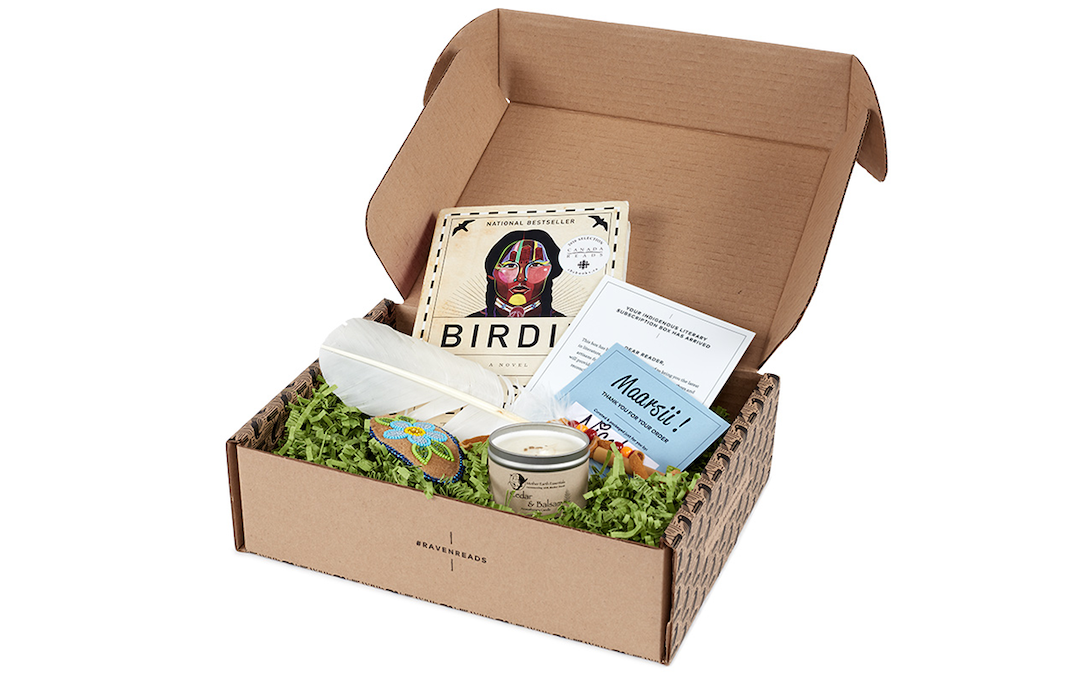
Photo courtesy of Raven Reads
With a mission to amplify Indigenous voices, Canada’s women-owned Raven Reads sends out seasonal boxes for adults and children filled with handpicked books and gifts. Annual adult subscriptions ($259) feature four gift boxes: Each includes a book by an Indigenous author, a letter from the author or box curator, and two or three additional gifts from Indigenous creators. The kids' version ($204) comes with two or three books by Indigenous authors or illustrators, suited to children ages four to nine.
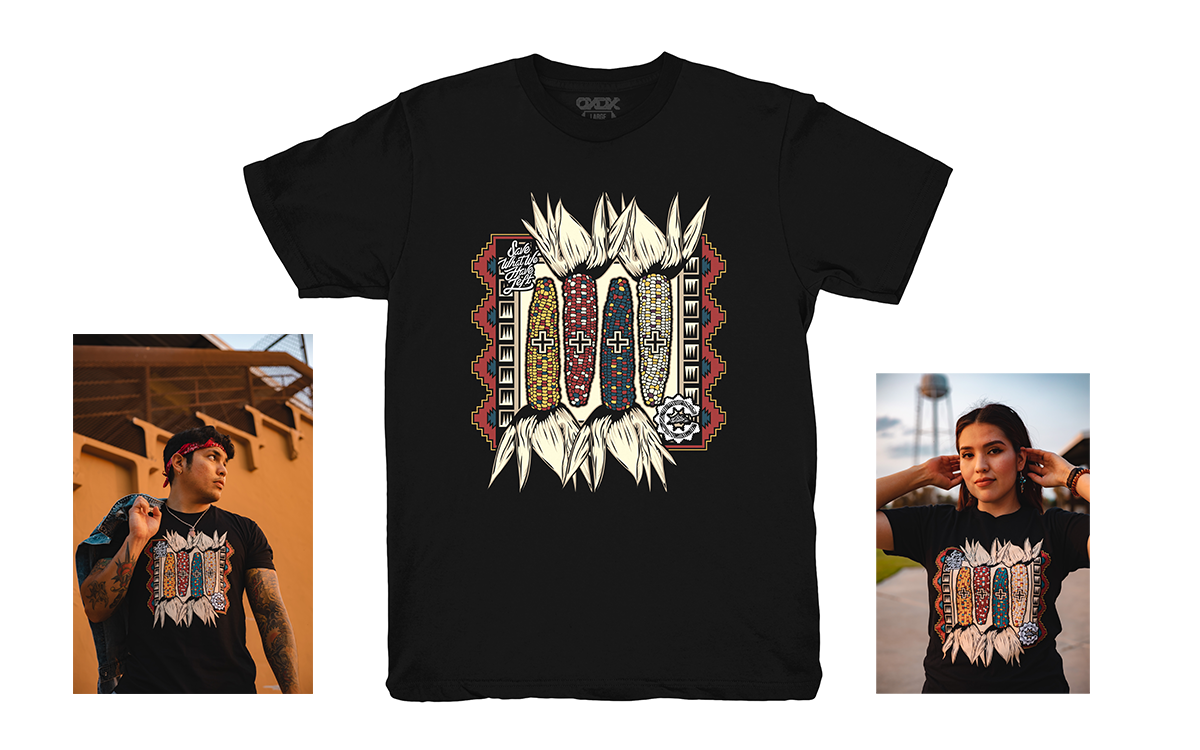
Photo courtesy of OXDX
Founded by Diné (Navajo) graphic artist Jared Kee Yazzie, the Tempe, Arizona–based fashion label OXDX highlights Indigenous issues and imagery with a mission to “preserve culture by passing on stories through art.” When designing the company’s Corn Sovereignty Tee ($32), Yazzie drew on memories of harvesting fall field corn with his grandparents in Black Mesa, Arizona. Together, the family would pick the corn, then grind it into flour and roast it over a flame or steam it in a traditional clay oven.
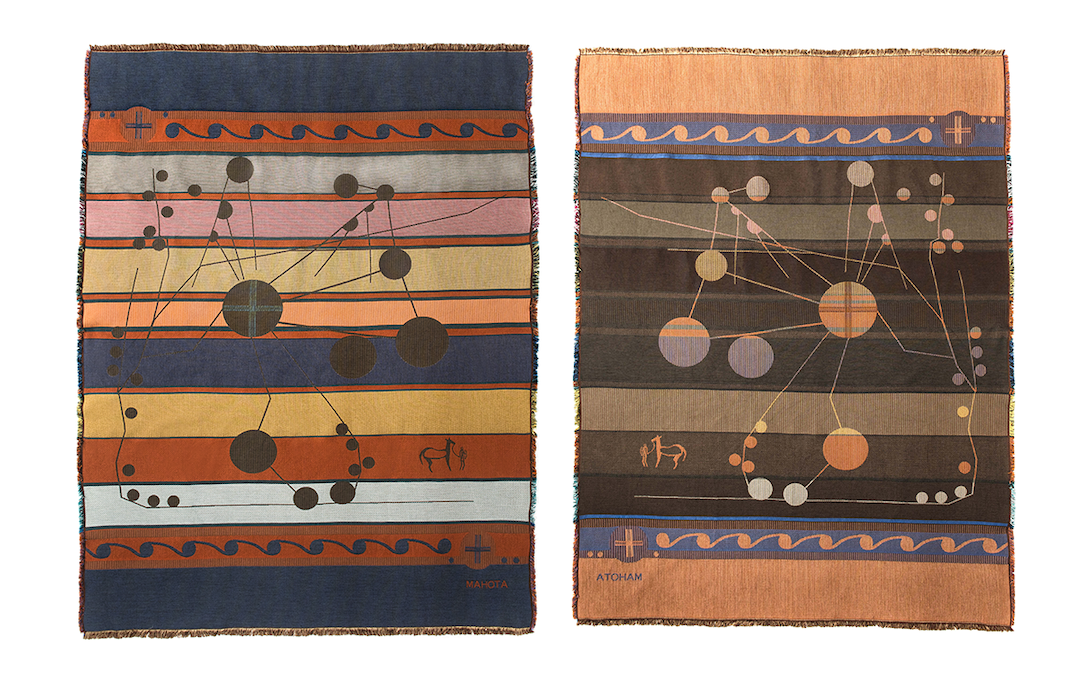
Photo courtesy of Mahota Textiles
Run by an all-female team of Chickasaw artisans, Mahota Textiles is based in the Chickasaw Nation town of Sulphur, Oklahoma. Blankets, pillows, and accessories woven on computerized looms draw on Native motifs from across the southeastern US, including the spirals and concentric circles used to depict the sun since ancient times. This Chickasaw Map II Blanket ($320) re-creates a 1723 Chickasaw deerskin map—credited to 18th-century Chickasaw leader Fani’ Minko’—depicting trade routes, waterways, and the Chickasaw Nation’s historical relationships with neighboring groups.
 The Magazine of The Sierra Club
The Magazine of The Sierra Club
